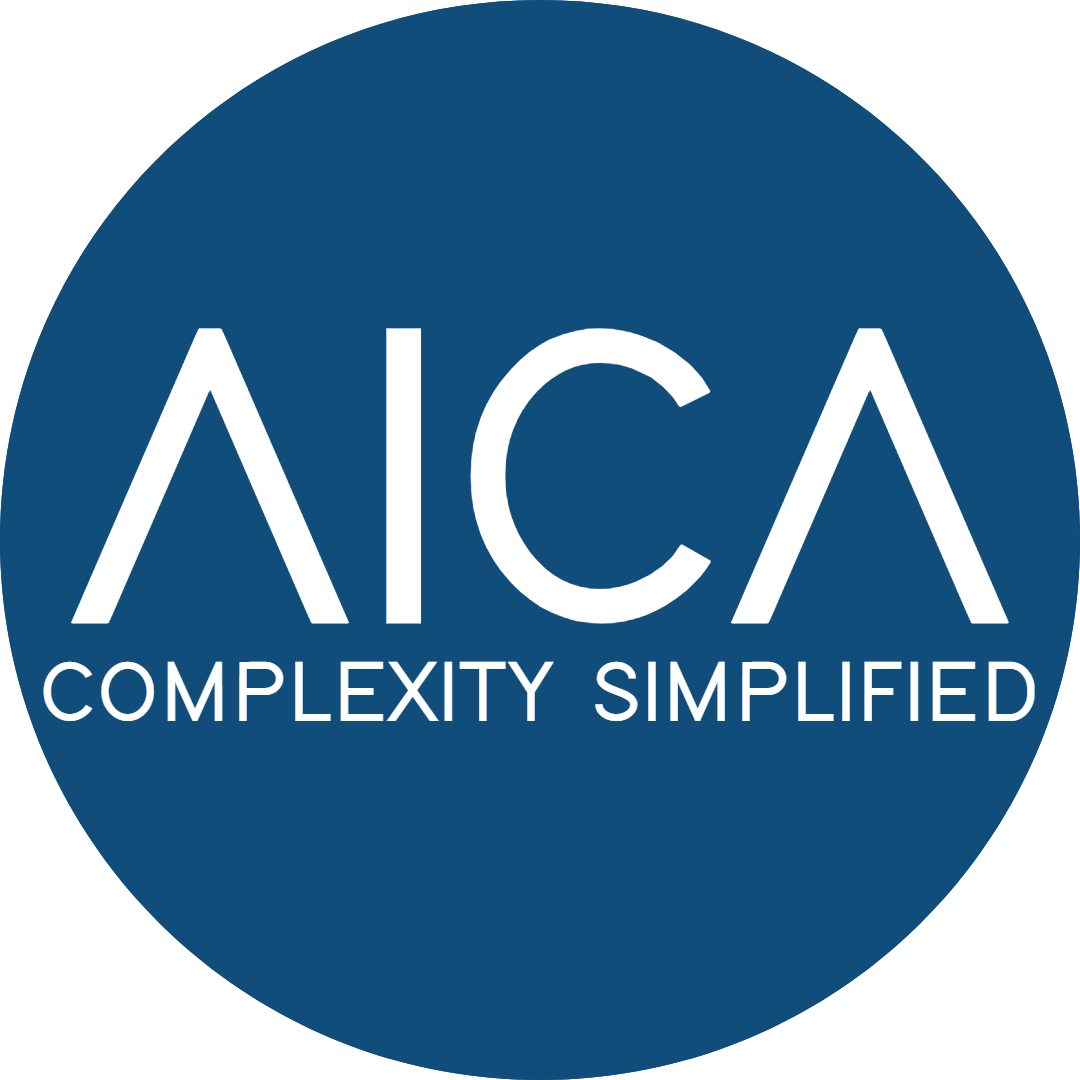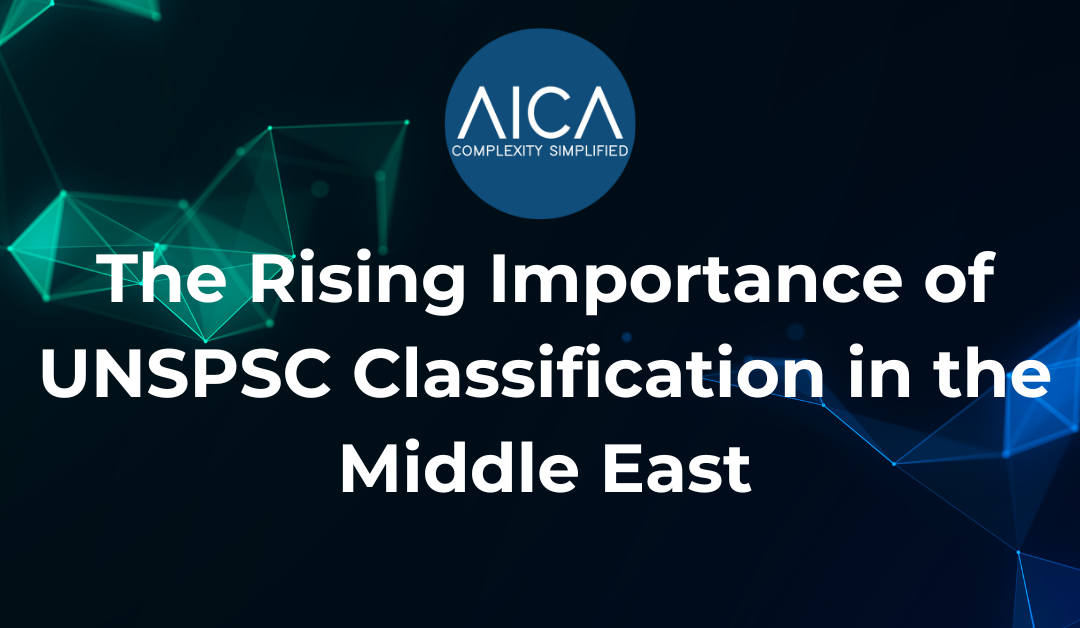As the Middle East undergoes rapid digital transformation across public and private sectors, the need for structured, standardised data has become a priority—especially in procurement, inventory, and supply chain operations. Among the most effective tools supporting this shift is the United Nations Standard Products and Services Code (UNSPSC)—a global classification system helping organisations bring clarity, consistency, and efficiency to their product and service data.
Why UNSPSC Is Gaining Momentum in the Middle East
Governments, energy providers, industrial suppliers, and infrastructure developers across the region are modernising their procurement systems and moving toward unified data governance frameworks. Countries like the UAE, Saudi Arabia, and Qatar are investing heavily in digital procurement platforms and ERP systems that require a standardised approach to cataloging products and services.
UNSPSC classification offers the foundation for this transformation by allowing organisations to categorise goods and services in a universally understood format. This is particularly crucial in large-scale operations where product data is sourced from global and regional vendors, often in inconsistent formats.
Key Drivers of Adoption
1. Public Sector Procurement Reforms
Several governments in the region are implementing e-procurement mandates and regulatory changes that encourage or require UNSPSC usage. Standardised classification enables greater transparency, reduces maverick spending, and simplifies regulatory compliance.
2. Supply Chain Modernisation
With the rise of megaprojects and industrial zones, efficient supplier onboarding and material standardisation are essential. UNSPSC makes it easier to integrate vendor data, perform accurate spend analysis, and consolidate purchasing across departments or locations.
3. ERP & Digital Infrastructure Rollouts
As organizations implement or upgrade ERP systems like SAP and Oracle, clean and classified product data is essential to avoid delays, cost overruns, or system inefficiencies. UNSPSC provides a framework that can be used across procurement, maintenance, and financial reporting systems.
4. ESG and Compliance Requirements
Organisations are under increasing pressure to demonstrate supply chain accountability and track ESG (Environmental, Social, and Governance) metrics. Classifying data with UNSPSC allows for better visibility into categories such as sustainable procurement or local sourcing.
Practical Benefits of UNSPSC in the Region
- Improved Spend Analysis: Organizations can identify duplicate purchases, negotiate better terms, and optimize vendor relationships.
- Better Inventory Management: Classified data helps reduce overstocking and stockouts by ensuring products are tracked consistently.
- Enhanced Cross-Border Trade: In a region with high levels of international trade, standardized classification improves communication between suppliers and buyers.
- Stronger Data Governance: From oil & gas companies to municipalities, UNSPSC brings consistency across large, diverse product catalogs.
Why General AI Tools Fall Short—and Where AICA Comes In
Classifying large datasets into UNSPSC codes requires more than just keyword matching or general AI tools like ChatGPT. In industrial sectors, where descriptions are inconsistent or poorly formatted, general AI models struggle with accuracy and consistency.
At AICA, we’ve developed AI-driven UNSPSC classification tools that are purpose-built for industrial and MRO (Maintenance, Repair, and Operations) data. Our platform uses Agentic AI trained specifically on structured product data, achieving over 90% classification accuracy.
Whether it’s supporting a digital transformation initiative or cleansing legacy catalogs, AICA automates up to 90% of the classification process—integrating directly with ERP, MDM, and procurement platforms. Manual QA/QC is included for low-confidence items, ensuring accuracy and control at every step.
Final Thoughts
UNSPSC classification is no longer a “nice-to-have” in the Middle East—it’s becoming a strategic necessity. As procurement and supply chain operations become more data-driven, standardized classification unlocks better visibility, compliance, and efficiency.
AICA is proud to support organizations across the Middle East in accelerating their classification efforts with cost-effective, scalable AI solutions.
Ready to modernise your product data?
Visit aicadata.com to learn more about our UNSPSC classification tools and request a free sample classification today.

